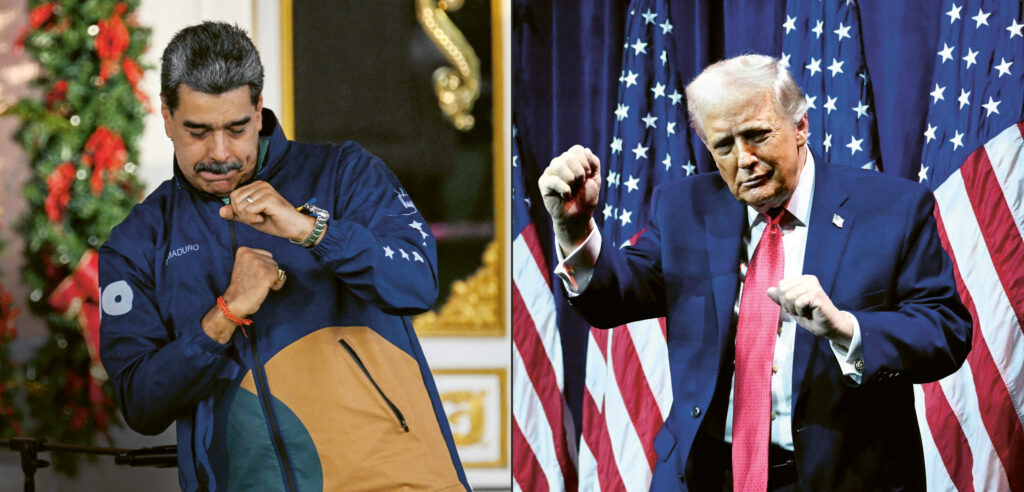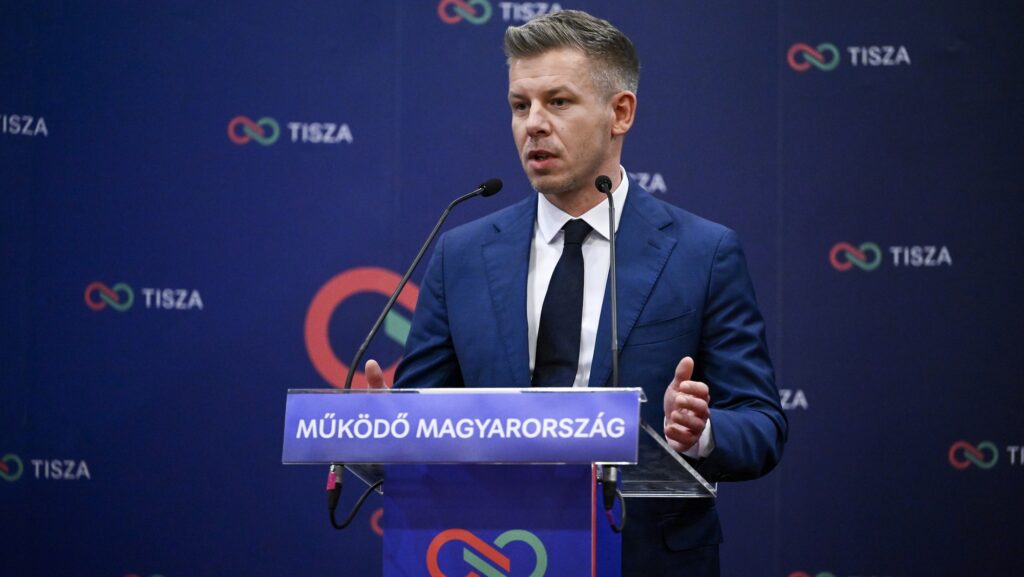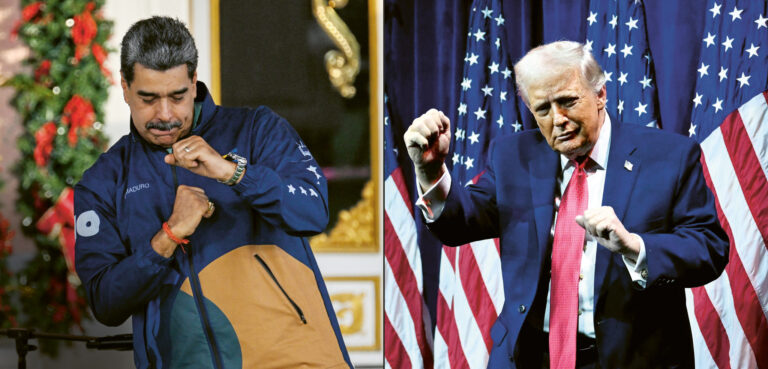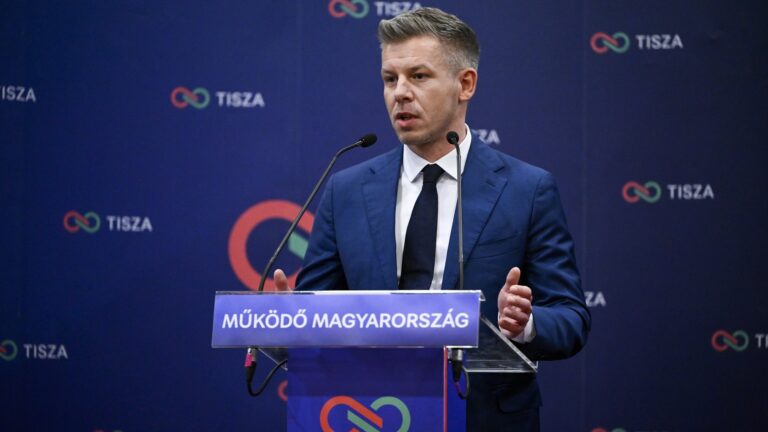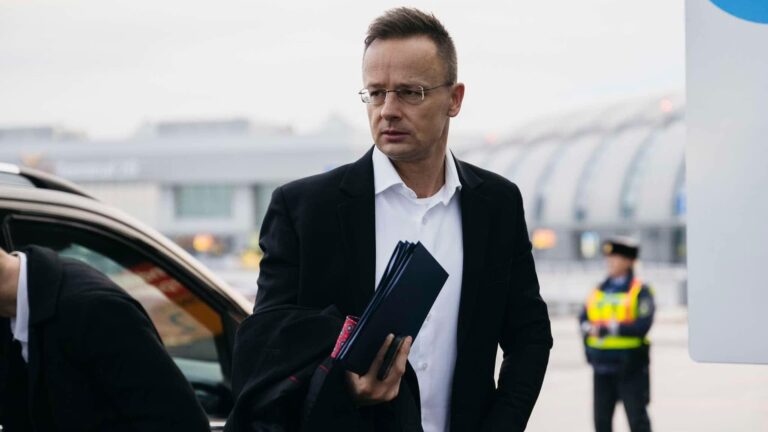Hungary is not trapped in a dead end, but foreign policy thinking rooted in the 1990s is, Prime Minister Viktor Orbán’s political advisor Balázs Orbán argued in a Facebook post on Saturday. His remarks responded to former state secretary Iván Bába, who recently claimed that Hungary’s resistance to Brussels had isolated it within the European Union and suggested regaining goodwill by implementing EU migration rules as expected. Balázs Orbán dismissed this view outright.
He acknowledged Bába’s role in shaping Hungary’s post-communist foreign policy, which focused on rapid Euro–Atlantic reintegration. At that time, adapting to Western expectations was the price of admission, whether through NATO membership for security or EU accession for economic benefits. According to Orbán, the strategy of quick integration worked, but that era has passed.
Today, he argued, the EU no longer guarantees prosperity or security. Instead, it is becoming a ‘war project’ while suffering economic decline due to misguided decisions. Yet some still treat EU directives as unquestionable dogma, assuming compliance alone will ensure stability. For Orbán, this is no longer tenable.
Orbán Balázs
‼️ Valóban létezik zsákutca – de nem Magyarország, hanem az elavult külpolitikai gondolkodás hajtott bele. Bába Iván volt államtitkár nemrég megjelent cikkében azt állítja, hogy a brüsszeli…
He pointed to the EU’s Migration and Asylum Pact as an example. If Hungary followed Bába’s logic, Orbán said, the country would be forced to accept around 16,000 asylum seekers each year or pay 20,000 euros per rejected applicant, alongside maintaining permanent facilities, social and legal services, and integration programmes. Such measures, he warned, would effectively transfer Hungary’s right to decide who may settle within its borders to Brussels.
Orbán emphasized that Hungary rejects unconditional compliance with EU policies. Instead, it aims to use its role within the EU’s decision-making processes to revise and reshape them. He credited Hungary’s resistance to uncontrolled migration as a turning point that prevented such an approach from becoming unquestioned EU policy, claiming that this stance had elevated Hungary’s international standing.
The new Hungarian foreign policy doctrine, Orbán concluded, is about openness, diversification, and creating opportunities while safeguarding sovereignty. Its aim is to build a Europe of peace and economic vitality rather than war and impoverishment. A liberal federalist superstate, he insisted, would be a nightmare, not a dream.
Related articles:


